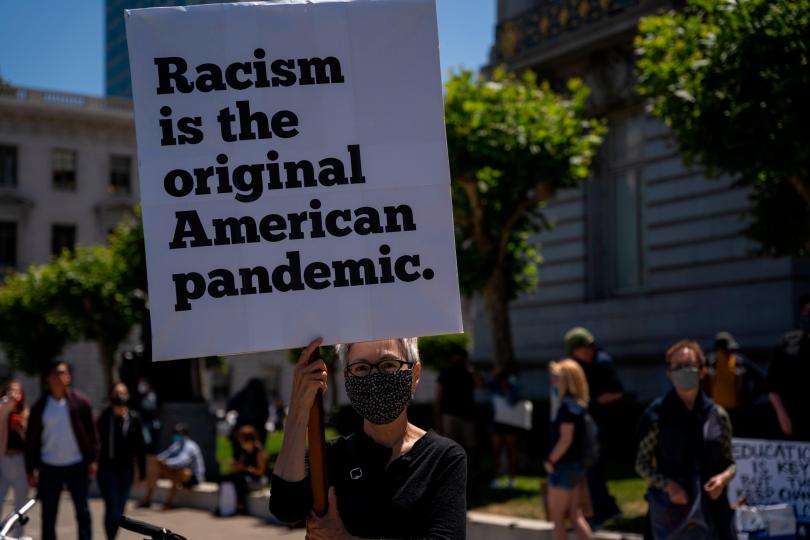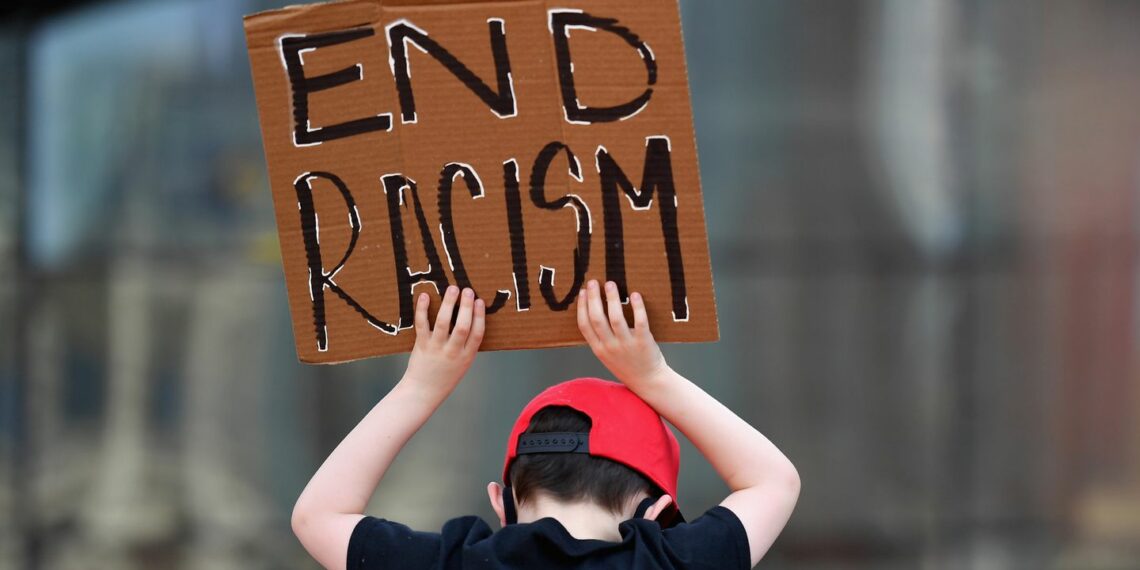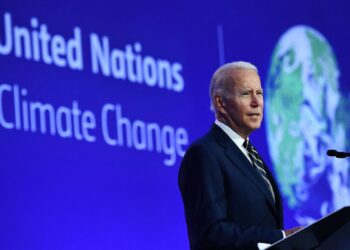On January 20, 2021, Joe Biden will become the 46th president of the United States. In defeating President Donald Trump, Biden promised to heal a divided nation.
In his victory speech, the president-elect said, “I sought this office to restore the soul of America. To rebuild the backbone of the nation — the middle class.”
Biden’s middle-class vision for the US is possible, but without aggressive investments in education, healthcare, and well-paying jobs, America’s future may well look more like post-apartheid South Africa than the highly developed country it purports to be.
How do I know?
I followed the money.
The United States is in the midst of a massive demographic shift. Since its inception in 1776, the country has been composed of largely white inhabitants with ancestral ties to Northern Europe.
Through its first 200 years, the demographic predominance of Anglo-Americans was maintained by encouraging steady waves of European immigration alongside policies that facilitated ethnic cleansing, genocide, and the marginalization of minorities from the social, political, and economic spheres of the middle class.
The Civil Rights movement legally ended the most aggressive legal barriers to social mobility for minorities. However, civil rights legislation did little to redistribute the massive wealth disparities between white Americans and everyone else. And without policy intervention, racial inequalities may be on the verge of getting much worse due to the nation’s shifting demographics.
A New Dawn?
The US is quickly becoming a minority-majority nation. In 1990, 76 percent of the population identified as non-Hispanic white, but by 2018, that number had dropped to 60 percent. And in urban cities, where most young people live, only 44 percent of inhabitants identify as non-Hispanic white.
The nation’s demographic shift may signal a new dawn. As white Americans age and pass away, we should expect minority populations to become more involved in politics, middle-class professions, and political decision making. To be certain, the diversity of representation in US Congress — highlighted by representatives like Alexandria Ocasio-Cortez, Ilhan Omar, and Cori Bush — reflects the country’s shifting demographics.

Still, demographic dominance does not necessarily equate to more equality. For example, in the world’s most unequal country, South Africa, white citizens account for just 9 percent of the population but control nearly 70 percent of the wealth, including 72 percent of the country’s land.
In the US, the vast majority of wealth is also concentrated in the hands of white people. And in coming decades, barring policies designed to redistribute wealth, the situation stands to get much worse as aging white Americans begin leaving their estates to fewer and fewer heirs.
According to the US Federal Reserve, 30 percent of white families report an inheritance or gift, compared to just 10 percent of Black families, 7 percent of Hispanic families, and 18 percent of other families. White families also receive substantially larger inheritances and are much more likely to receive financial support from other family members in the case of an emergency.
Given these trends, in a country where wealth and power go hand in hand, a more diverse society may also come with a much greater concentration of financial authority in the hands of fewer and fewer white Americans.
America’s Racial Wealth Gap
In the US, the racial wealth divide has grown in recent decades.
As of 2016, on average, white households held nearly $147,000 in wealth compared to just $6,591 for Latinos and $3,557 for African Americans. And over 33 percent of Black and Latino families have zero or negative net worth. This situation has grown even worse under the pandemic, as minorities have experienced far more job loss than white Americans.
The massive wealth gap between white Americans and minorities was fueled by the mid-20th century’s redistributive politics, which predominantly benefited white families.
In the 1940s, beneath the progressive policy foundation set by Franklin D. Roosevelt’s New Deal, the US launched what would become the most prosperous period in the nation’s young history.
Americans coming back from WWII went to school, bought cars and homes, and benefitted widely from government-funded programs designed to lift the working masses into the middle class.
For the next 30 years, white Americans experienced growth in education, income, and wealth in a way that few groups ever have in world history. But due to systemic discrimination and racism, minorities were largely left out of this growth, and as a result, the racial wealth gap mushroomed.

But today’s racial wealth gap may well pale compared to the economic fissures of the future.
Today, white Americans are aging quickly. In fact, the most common non-Hispanic white American is now 58 years old, compared to just 11 for Latinos and 27 for African Americans. With far fewer children than their parents, white Americans are passing their accumulated wealth on to fewer and fewer heirs. As a result, wealth in the US is quickly becoming more and more concentrated in the hands of less and less white Americans.
Dangerous Path
The growth of racial inequality, coupled with a wave of conservative renewal, has set the United States on a dangerous and regressive path that threatens our nation’s democratic norms and values. Few events are as reflective of this point as the tumultuous and extremely divisive 2020 presidential election.
So where do we go from here?
The only way to avoid transforming into a plutocracy defined by hyper-racial inequality — à la South Africa — is to invest in the social mobility of minorities now. To do this, we must progressively raise taxes on the wealthy and immediately invest in public education, healthcare, and living wages for all Americans.
The election of Joe Biden provides an opportunity to move in this direction. However, if the president-elect fails to significantly address wealth inequality over the next 4 years, democratic governance as we know it in the US may well collapse.
Disclaimer: The views and opinions expressed here are those of the author and do not necessarily reflect the editorial position of The Globe Post.





















